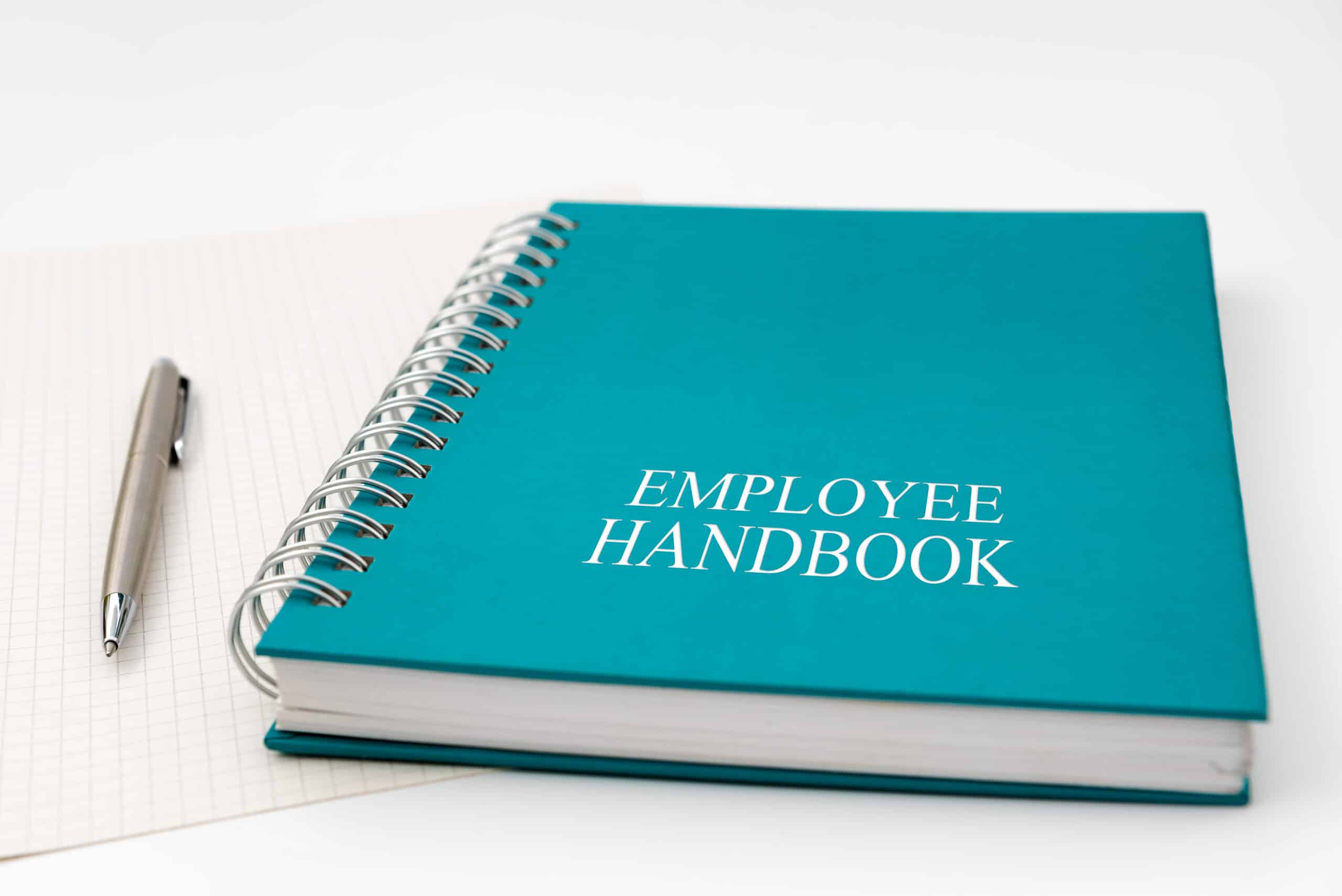Are you ready for help?
And if you are, should you hire a W-2 employee or an independent contractor? Beyond legal, insurance, finance, and tax professionals, at some point your business may need additional help in other areas. Do you need an administrative assistant? A social media marketing specialist? A business coach? There are so many different kinds of help available to grow and expand your business reach. When the time has come to hire help, you will need to ask yourself a few questions. What is the difference between an employee and an independent contractor? What type of workers qualify as independent contractors?
W-2 Employees
The primary advantage of a W-2 employee is control. But that control comes with a host of regulatory issues and expenses for the employer. The benefits must be weighed against the costs in both time and money to determine if this is your best move.
Control over employees:
Hiring a W-2 employee means you have control over when, where, and how your employee performs their work. You can require that they be present at your place of business, you can set their days and hours of work, and you retain a lot of control over the tasks they perform and the order of performance. If you require this type of control, you must classify your worker as an employee.
Regulatory requirements for employees:
But having W-2 employees comes with a myriad of operational and regulatory requirements. You’ll have to set up payroll and deduct appropriate federal, state, and local taxes from their pay. You will report and pay those taxes to the appropriate taxing authorities on a quarterly basis. You will incur additional expenses for your business. These include: paying half of the social security tax on the employee’s behalf, paying worker’s compensation insurance, and paying unemployment insurance.
If your employees are working from your place of business, there are OSHA regulations to meet.
And there are many regulations on the human resources side of things. These regulations cover everything from job descriptions, employment applications, and interviews to hiring, onboarding, employee policies, Americans with Disability Act (ADA) compliance, discipline, and termination.
Materials and Benefits:
Unless set up as a remote position, you will also need to provide the space and all the materials and equipment necessary for your employee to do their job.
And then there’s benefits. Most employers provide fringe benefits such as paid time off, holidays, medical and retirement benefits, and more. These benefits make your business competitive and help with employee retention.
When you look at all the regulations and requirements, it’s easy to see that there is a LOT to consider when hiring your first employees. And it won’t be an inexpensive undertaking!
Independent Contractors:
For all the reasons mentioned above, many small businesses start with independent contractors. If you find yourself needing general administrative help (answering the phones or emails, doing client intake, processing orders), bookkeeping services, social media coverage, or many other types of help, you can often cover that need by hiring independent contractors.
No responsibility for taxes for independent contractors:
When you hire an independent contractor, you pay them an hourly or flat fee for defined work. But you do not deduct any federal, state, or local taxes or social security taxes. It is up to the independent contractor to pay those taxes directly on their own behalf. You do not have to provide workers compensation or unemployment insurance, paid time off, or any fringe benefits.
Generally, you are also not responsible for providing the space, equipment, or materials necessary for an independent contractor to perform their job. The independent contractor will provide their own computer, software, etc.
You are required to complete a Form 1099-NEC at the end of the year and send it to both the IRS and the independent contractor for any person/company to whom you have paid $600 or more in compensation.
Lack of control over independent contractors:
But you also give up control. An independent contractor decides when, where, and how they will accomplish their work. You may agree on hours spent on the work and deadlines, but ultimately it is up to the independent contractor the days and hours they work. They also determine the order in which they complete tasks and the way in which they do them.
Your contract with an independent contractor can be set for specified projects or a specified length of time or can be open-ended with provisions for when and how either party may terminate the contract. Those provisions allow you to quickly break ties if you are unhappy with their work, without the headaches and paperwork involved in documenting and terminating a W-2 employee.
Your independent contractor will likely also be working for others and will be juggling priorities between their various work assignments. When working with an independent contractor, some degree of flexibility on your part is required.
Be Careful About Classification
The one thing to be careful about is classification of your workers. If you apply the independent contractor status to someone who actually operates as an employee, you can get into serious hot water with the IRS! You may end up owing all of the taxes that you should have deducted from the fees paid to the worker, plus penalties and interest.
If you are in doubt as to whether a situation results in an employee or independent contractor classification, err or the side of caution. Classify the worker as an employee, even if it is just for occasional part-time work. Especially if you are the only person the worker is doing work for!
If the worker has an LLC it can alleviate the classification conundrum. The worker is employed by his own company (not yours) and the IRS will likely accept this as proof that the independent contractor classification is correct. In this case, make sure that your contract is with the LLC, not the worker, and that you make checks for services payable to the LLC, not the individual.
You can do this!
Understand what you are capable of handling on your own and when you need to hire experts or additional help. This is vital to the long-term health of your business. Failing to get help, can leave you dead in the water as you struggle to figure out things that are outside your area of expertise. Making the right choices can keep your business successful and growing.
I’m here as both a guide and a resource. I can help you decide whether you should hire an employee or an independent contractor. If you go the employee route, I can provide you with resources for payroll, insurance, and more. Need to chat? Book a call today!











